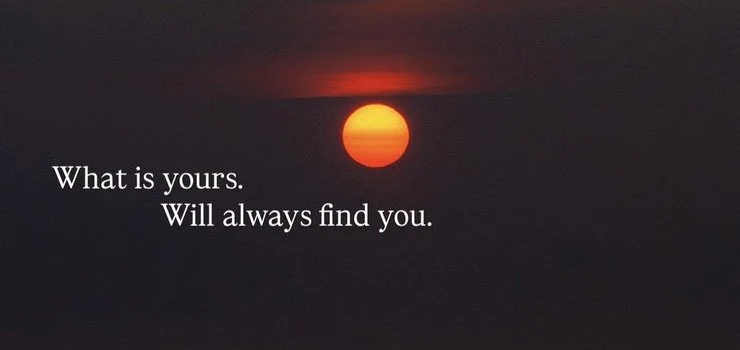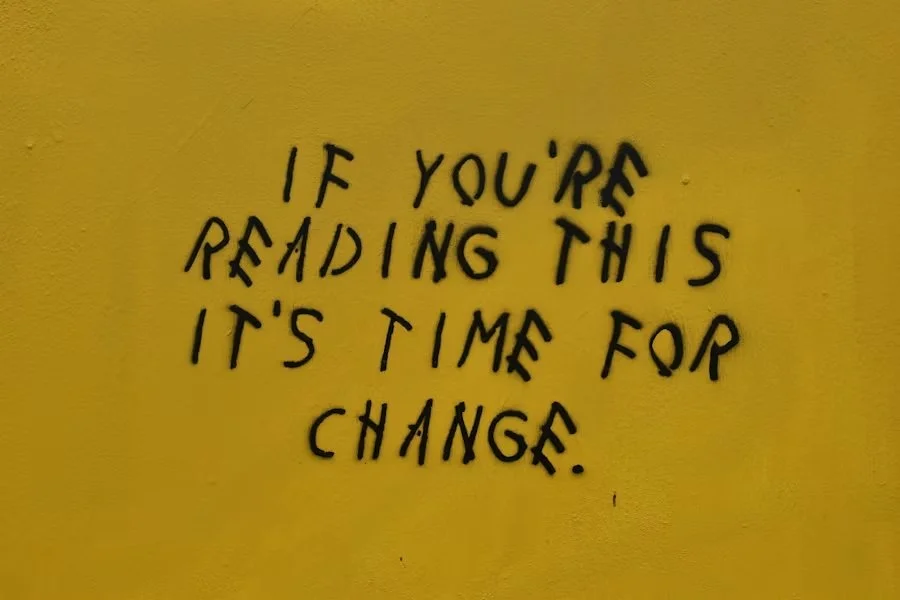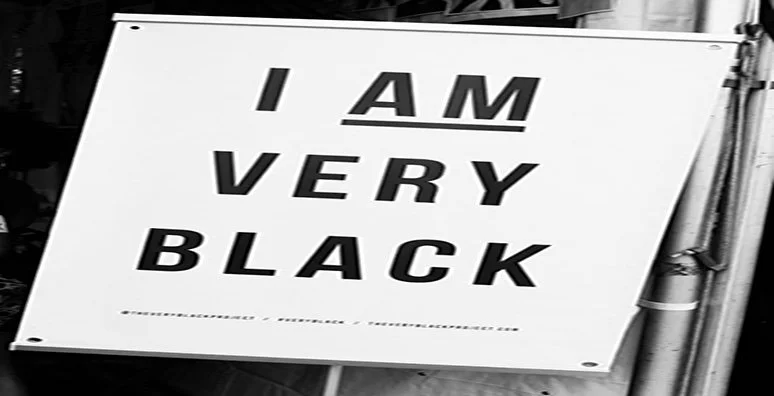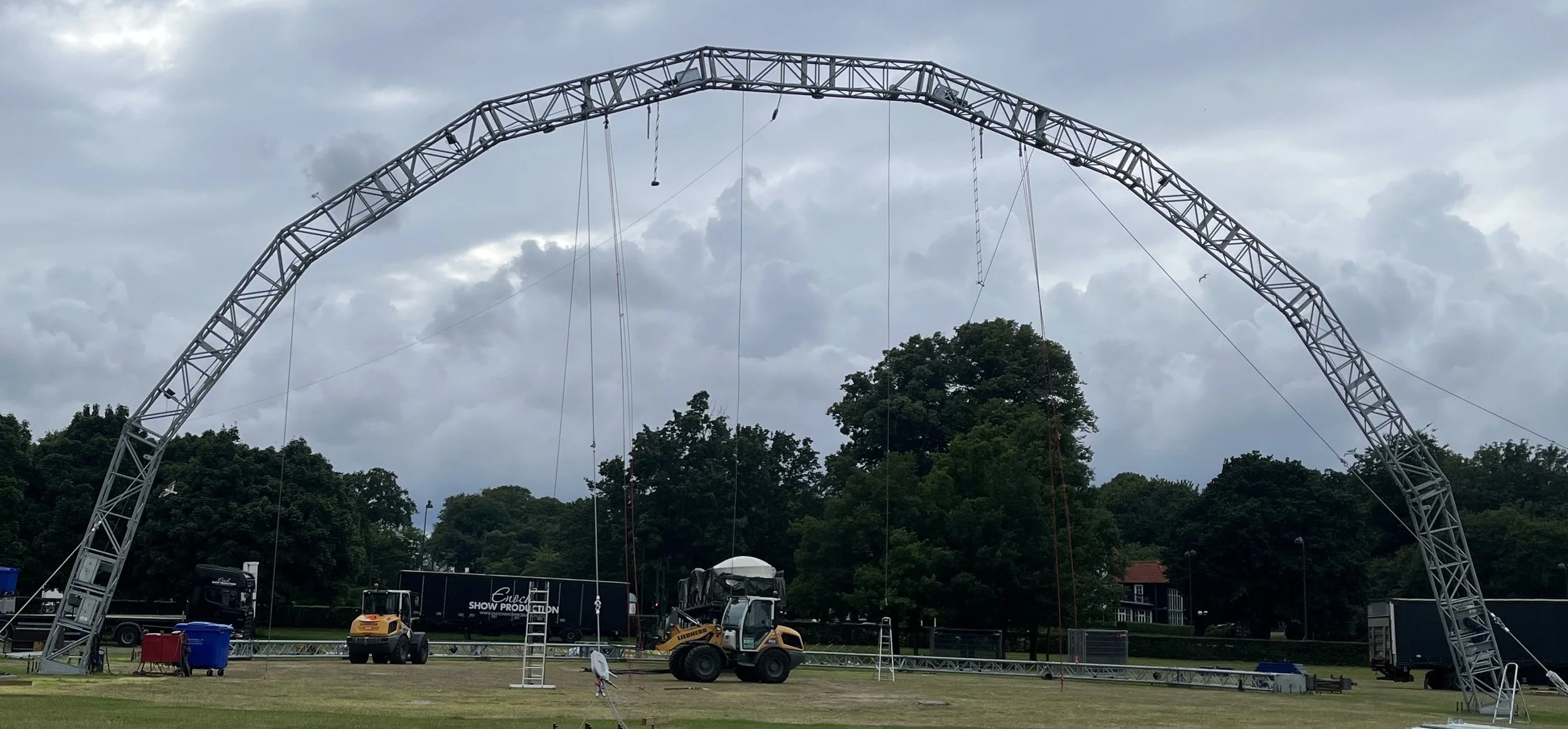Katleen Vanacker ©
If your team observed you for a week, would they believe you are serious about your goals and theirs? Would they see discipline, focus, and consistency? Or would they see distraction, delay, and lost momentum?
As a leader, you don’t have to tell people what matters to you. Your daily actions already set the tone for the culture, pace, and performance of the team. Lead in a way that makes commitment visible and watch it inspire the same in others.





















